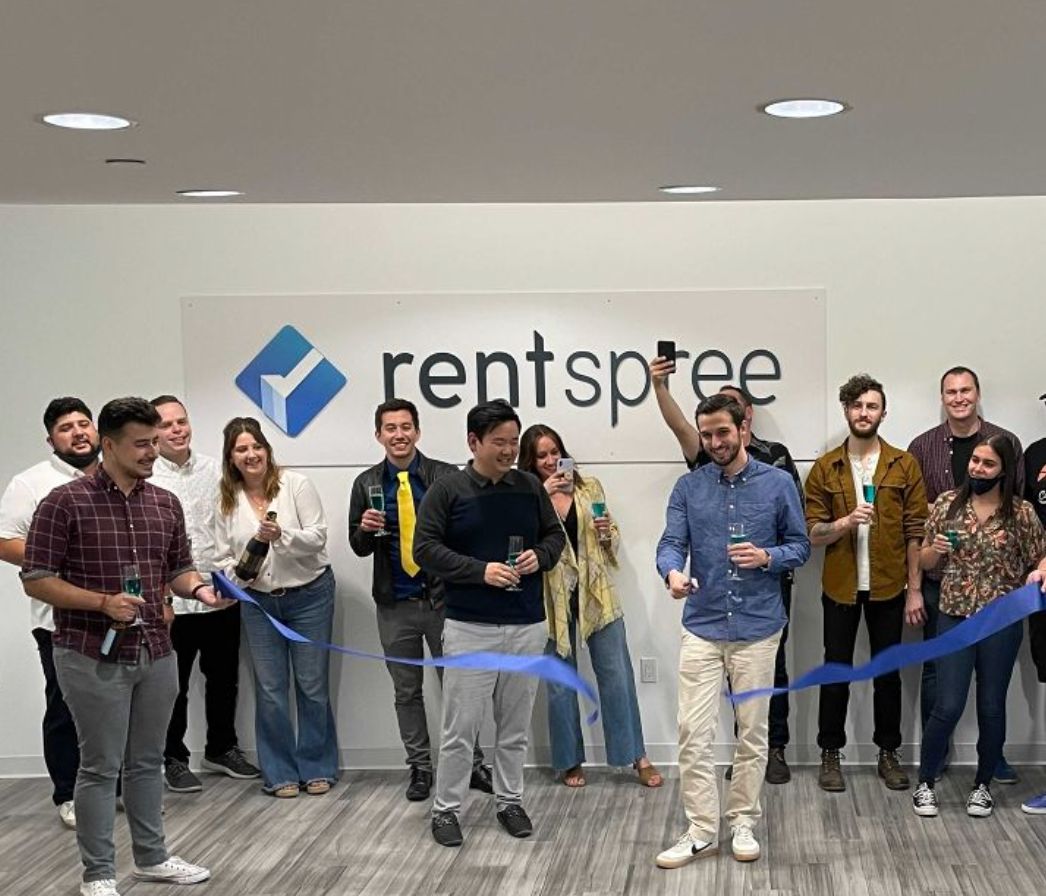ANAHEIM, Calif. — When Michael Lucarelli moved to Los Angeles several years ago, finding an apartment was one of the hardest and most expensive things he had to do.
Not only did Lucarelli need to find an apartment, but he also had to shell out money to qualify for an apartment. Apartment owners wanted to conduct a credit screening report as part of the application process."I had to apply to multiple properties before getting accepted into a place," said Lucarelli, now the co-founder and CEO of RentSpree, a rental management software provider.
Lucarelli doesn't recall exactly how much he spent. But if he were to apply for an apartment in California today, landlords could charge $23 to the total maximum fee of $55 per application, according to the California Apartment Association.
The fees can add up to several hundreds of dollars before a prospective tenant even gets approved to move into a new residence, said Assembly member Chris Ward in a news release.
Having to shell out money for those credit screening reports could fall to the wayside after Gov. Gavin Newsom signed a bill allowing renters to reuse credit reports in September.
The reusable tenant screening reports, Assembly Bill 2559, allow renters to use a third-party company to acquire a tenant screening report and submit them to several apartment owners or landlords within 30 days.
"Renters are facing one of the most competitive markets in decades with limited availability and yearly rent increases," said Ward, D-San Diego. "I am ecstatic Governor Newsom signed AB 2559 into law, giving renters and landlords the option to use a secure, reusable screening report for multiple rental applications within a 30-day window."
The new law, which goes into effect in January, will help reduce a renter’s cost of applying for an apartment or home again and again. But there are several flaws to the new law, apartment owners and landlord advocacy groups said.
First, the reports are optional, meaning landlords can choose not to accept them if they don’t want to.
Second, there are concerns about renters possibly doctoring the reports.
“I don’t know of any landlord willing to accept a screening report handed to them by an applicant,” said Dan Yukelson, the executive director of the Apartment Association of Greater Los Angeles, to Spectrum News. “So many of the documents we get these days are fraudulent, and proper screening techniques dictate we obtain these reports ourselves.”
Yukelson said while reusable reports are optional, he called the bill "the proverbial camel peeking under the tent and a gateway for Sacramento to ultimately force the acceptance of tenant-provided screening reports down our throats."
Ward, the assembly member who authored the report, said the reusable screening reports would include name, contact information, eviction history, employment, rental history, and the prospective tenant's last known address.
The tenant, Ward said, would not be able to tamper with the report contents but could review the report for accuracy and dispute any errors with the tenant screening company.

California joins Washington and Maryland as states that passed legislation that allow landlords to accept reusable screening reports.
In this day and age, with such a run-up for housing, renters can’t afford to pay multiple application fees. With mortgage rates skyrocketing, making it more challenging to buy a home, there’s been a high demand for apartments, said Lucarelli.
“It’s become a feeding frenzy especially for affordable apartments,” he said.
Lucarelli, the CEO of RentSpree, could benefit from the new tenant screening law.
RentSpree was founded in 2016 to help make the application process more efficient for renters applying to multiple properties.
The company has expanded its services from tenant screening and listing pages for property managers and agents to collecting rent payments.
“I had this experience myself, so that’s one of the reasons we started RentSpree to create more efficiency with the process,” said Lucarelli. “We want to make the rental process easier.”











